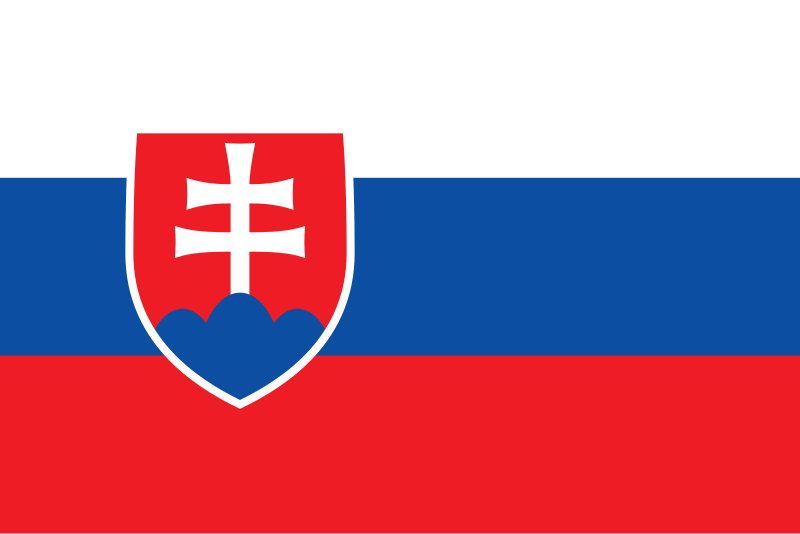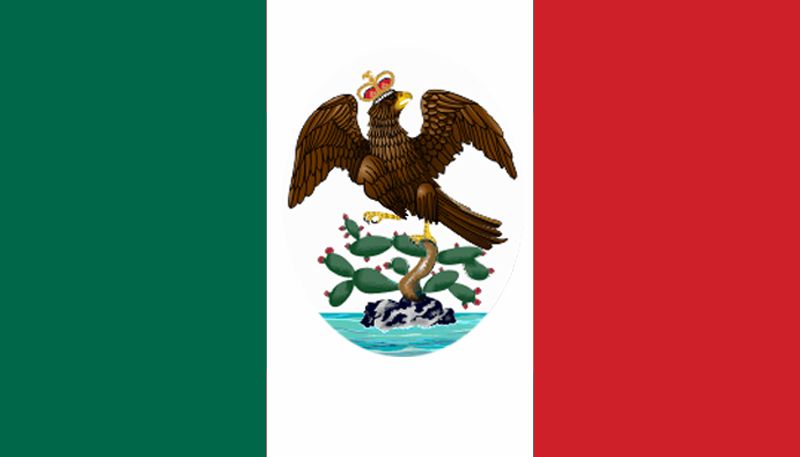As global commerce shifts toward digital-first and decentralized models, Nigerian entrepreneurs are embracing new tools to stay competitive. One such innovation is the use of stablecoin payments in Nigeria, powered by TransFi.
This case study explores how a fast-growing Nigerian e-commerce business overcame payment limitations and expanded globally by integrating TransFi’s stablecoin payment infrastructure.
The Challenge: Outdated Payment Systems in Nigeria
For Nigerian online stores, accepting international payments is notoriously difficult due to:
- FX restrictions and high conversion fees
- Limited support for global cards
- Slow settlement times and chargeback risks
- Barriers for African merchants on global platforms
This local e-commerce store, which sells fashion and tech products, was losing potential customers from the U.S., U.K., and other countries because they couldn’t pay easily or securely.
The Solution: Crypto Payments with TransFi and Stablecoins
To solve this, the store integrated TransFi’s stablecoin solution—enabling the business to accept global payments in Nigeria using USDT and USDC.
Key features of the integration included:
- Instant, borderless payments via stablecoins
- Support for major wallets and on-ramps
- Easy conversion from crypto to local fiat (NGN)
- Compliance-ready onboarding for merchants and customers
With TransFi stablecoin integration, the store enabled crypto payments in Nigerian online stores quickly and securely.
Implementation: Using TransFi for Cross-Border Payments in Nigeria
The setup process was simple:
- The store signed up on TransFi.com
- Integrated TransFi's API and checkout widget on its site
- Enabled USDT payments in Nigeria and tested the flow
- Started receiving payments from customers in the U.S., UK, and South Africa
Within the first month, the store recorded a 25% increase in international orders—with most customers paying in USDT or USDC.
Impact: A Borderless E-Commerce Business
Thanks to TransFi’s tools, the business:
- Eliminated friction for international customers
- Reduced transaction costs by up to 70%
- Settled funds in minutes—not days
- Gained access to previously untapped markets
This highlights how Nigerian businesses accept USDC and USDT to drive growth and how Nigerian crypto adoption is accelerating in the real economy.
Why Stablecoins Are a Game-Changer for Nigerian E-Commerce
- Stability: Avoid Naira volatility
- Speed: Near-instant payments
- Access: Serve customers in regions with no traditional card support
- Global Reach: Break free from local banking limitations
This is part of a broader case study on stablecoin adoption in Africa, where borderless payments in Africa are solving long-standing infrastructure challenges.
Also read: Case Study: TransFi’s Role in Driving Regulatory-Compliant Stablecoin Adoption in LATAM
Conclusion
This case proves how Nigerian e-commerce payments are being redefined through crypto payments and stablecoins. By using TransFi for cross-border payments in Nigeria, businesses can thrive in a global market with fewer barriers and faster cash flow.
FAQ:
1. Can Nigerian businesses really accept international payments in crypto?
Yes! With TransFi, Nigerian businesses can accept USDT and USDC payments from customers around the world, bypassing traditional banking hurdles.
2. What stablecoins are supported?
TransFi currently supports major stablecoins like:
- USDT (Tether)
- USDC (USD Coin)
These are pegged to the US dollar, providing pricing stability and global acceptance.
3. How does the payment process work for customers?
Customers choose “Pay with Crypto” at checkout, send stablecoin payments (USDT/USDC) from any wallet, and the business receives confirmation instantly.
4. How do Nigerian store owners receive their funds?
Funds can be:
- Held in USDT/USDC wallets
- Instantly converted to NGN using TransFi’s off-ramp
- Withdrawn to local bank accounts or mobile wallets
5. Is this legal in Nigeria?
Yes—while crypto is not considered legal tender in Nigeria, receiving stablecoins for goods/services is allowed, and TransFi ensures KYC/AML compliance.
Table of Contents
Suggested Article
Explore our products

Make global payments at the speed of a click

Accept payments, remove borders.

Unlock Seamless Digital Currency Transactions Anywhere








.png)














